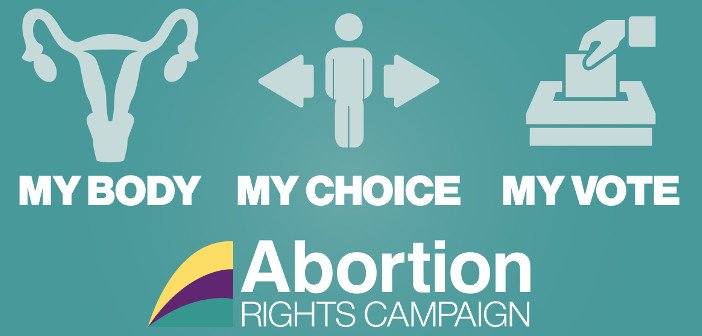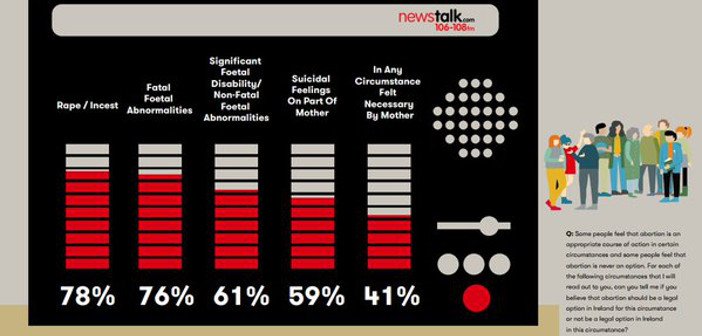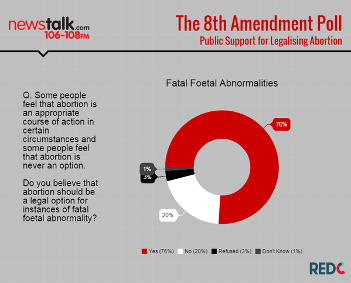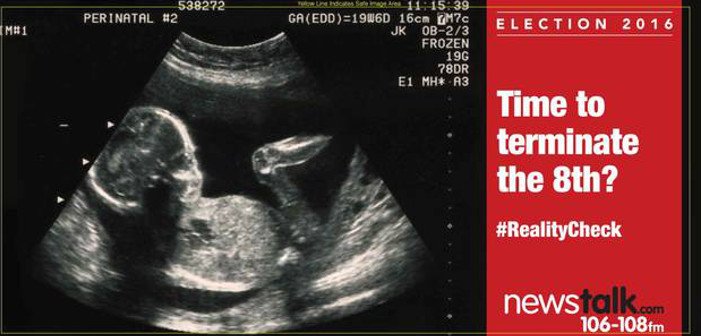Abortion in Ireland: A Red Line Issue for the General Election
The Dáil is set to dissolve next week ahead of this years’ general election. While we don’t know for sure exactly when #GE16 will take place, right now it’s looking pretty likely to be February 26th. But what we do know for sure are some of the key issues that politicians are being asked daily as they knock on our doors and ask for our votes. The refugee crisis. The economy. The relationship between the church and Irish schools. And, of course, abortion.east inflatables
The Abortion Rights Campaign recently launched their My Body, My Choice, My Vote campaign, proving that an election candidate’s stance on abortion really is of utmost importance to this forthcoming election. The campaign aims to ensure that anybody who has the intention of voting for a pro-choice candidate will be able to do so. The group have created an election pack, which includes a ‘Question Your Candidate’ checklist. It is composed of a series of questions concerning the Eighth Amendment, and the candidate in question’s potential role in ensuring that the women of Ireland will eventually achieve full body autonomy.

The checklist includes questions like ‘What have you done for women’s health and rights?’, ‘What is your position and your party’s position on abortion?’, and ‘How do you propose to provide abortion access in Ireland?’ The pack also contains some key talking points regarding the harm the country’s lack of abortion rights is doing to its women. It proves why the Eighth Amendment needs to be removed altogether – not just replaced with something else.
These talking points emphasise the fact that abortion in Ireland is a health service necessary for the protection of all Irish women, that making the decision to terminate a pregnancy for whatever reason is a personal choice, and that criminalising abortions does not reduce them; it simply puts the women who need them in more danger. The pack also makes reference to the multiple opinion polls conducted recently that suggest that a majority of Irish people are in favour of less restrictive abortion laws – especially in cases of fatal foetal abnormality, rape, and incest.

Last week, a Newstalk/Red C poll showed that 78% of people believe that abortion should be permitted in cases of rape and/or incest. The same poll also shows that 76% of people support less restrictive abortion laws in cases of fatal foetal abnormality. 59% feel a termination should be a viable option should the mother be experiencing suicidal tendencies.

However, less than half of the people surveyed (41%) believe that a woman should be able to have an abortion under any circumstances. This number is significantly lower than the data gathered by Amnesty International’s Red C poll in 2015, where it was found that 45% of people believed that all Irish women should have access to abortion services.
Although this poll also found that 52% of participants were unaware that abortion is even a crime in Ireland, both Red C polls prove that the fight for reproductive rights and adequate health services is far from over. Legal abortion in cases of rape, incest, and fatal foetal abnormality is a complete necessity – but so is abortion in cases where a woman decides that she needs an abortion.[pullquote]Legal abortion in cases of rape, incest, and fatal foetal abnormality is a complete necessity – but so is abortion in cases where a woman decides that she needs an abortion.[/pullquote]
But Newstalk didn’t just release the data from the latest poll concerning public opinion on abortion, they also included the issue in their latest series of billboard advertisements. The ads – which received a somewhat rocky reception – focus on a range of key issues likely to incite public opinion in the lead up to #GE16, including the refugee crisis, the separation of church and education, and of course, the Eighth Amendment.
The ad in question depicts an ultrasound scan of a clearly distinct foetus in a womb with the caption ‘Time to terminate the 8th?’ Newstalk’s advertising strategy was not only rejected by ad firms JC Decaux and Clear Channel for being too “controversial,” but was also criticised by members of pro-choice and anti-choice groups alike, who deemed the ad “inappropriate” and “clickbaity.”

In 2014, 2,568 recorded Irish women terminated their pregnancies in England or Wales when they were between 3-9 weeks pregnant. That’s almost four times the amount of women who had abortions when the foetus was 10—12 weeks old, and over twenty times the amount of women who had to terminate after 20+ weeks. It’s not unfair to say that the ad’s depiction of a foetus potentially going to be terminated – as suggested by the accompanying text as well as the nature of the ad itself – is not only sensationalised, but inaccurate too.
Irrespective of any negative responses the advert may have already garnered since its release, Newstalk editor-in-chief Garrett Harte has stated that he does not believe it will encourage any real backlash. Rather, he believes the ads will inspire further discussion and debate.
The fact that two of the country’s largest outdoor media owners felt compelled to stop the posting of an advert on the subject really demonstrates the divisive nature of this issue.
And it does. And while the ad also proves that the radio broadcaster is more interested in being a bit controversial than anything else, it also demonstrates the crucial significance of the abortion discussion to the forthcoming election. The past year has seen more people speak out about their experiences, more calls for a referendum on the Eighth Amendment, and more compassionate understanding of the reasons why so many Irish women are forced to travel abroad to receive healthcare their own country is failing to provide.
Abortion in Ireland is a red line issue. It will determine the voting patterns of hundreds, if not thousands, of people around the country. And when the successive TDs take their seats in the Dáil, the reform of abortion laws will continue to dominate the political sphere until every Irish woman is given the rights that she deserves. Those calling for change will no longer be ignored.
